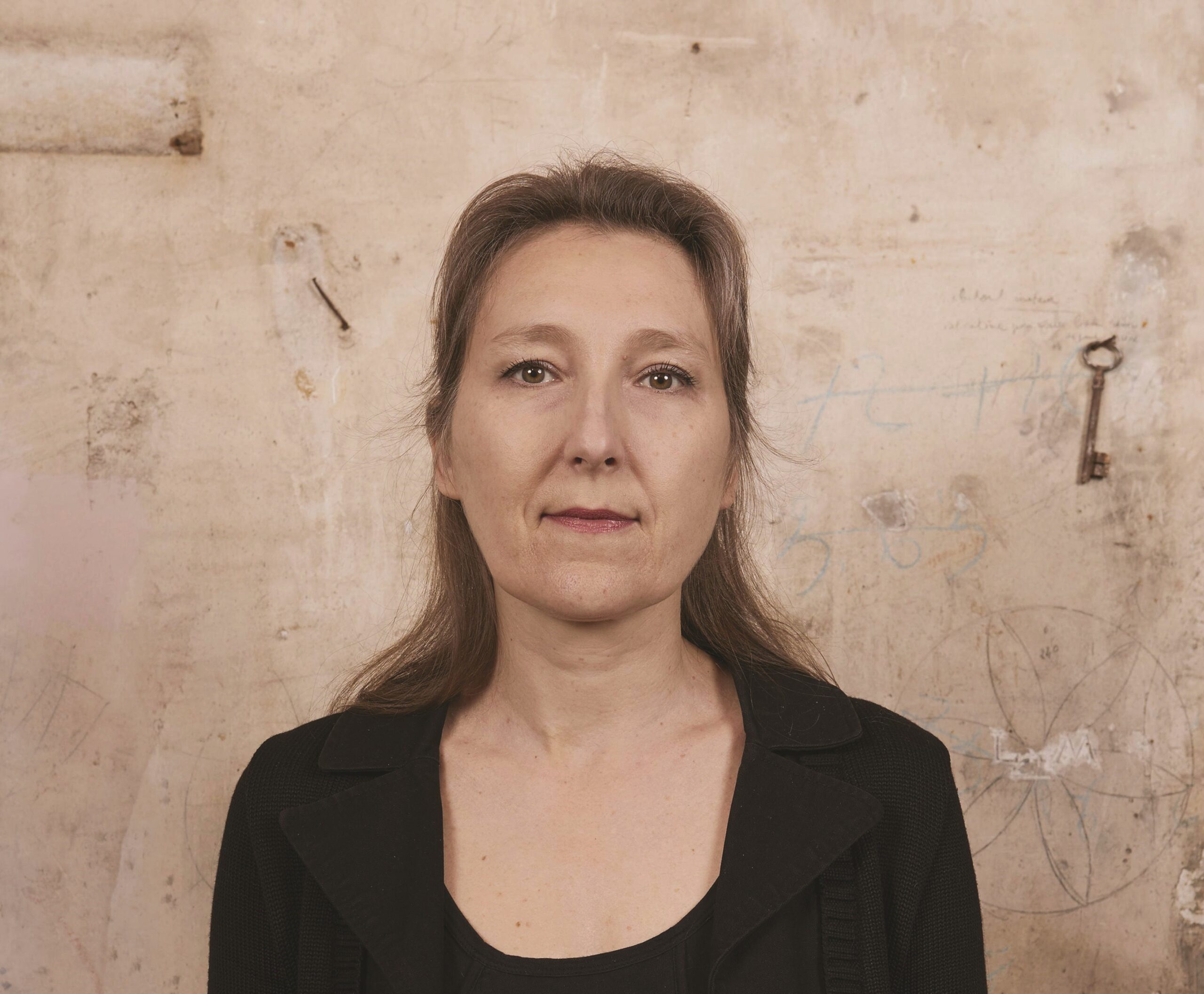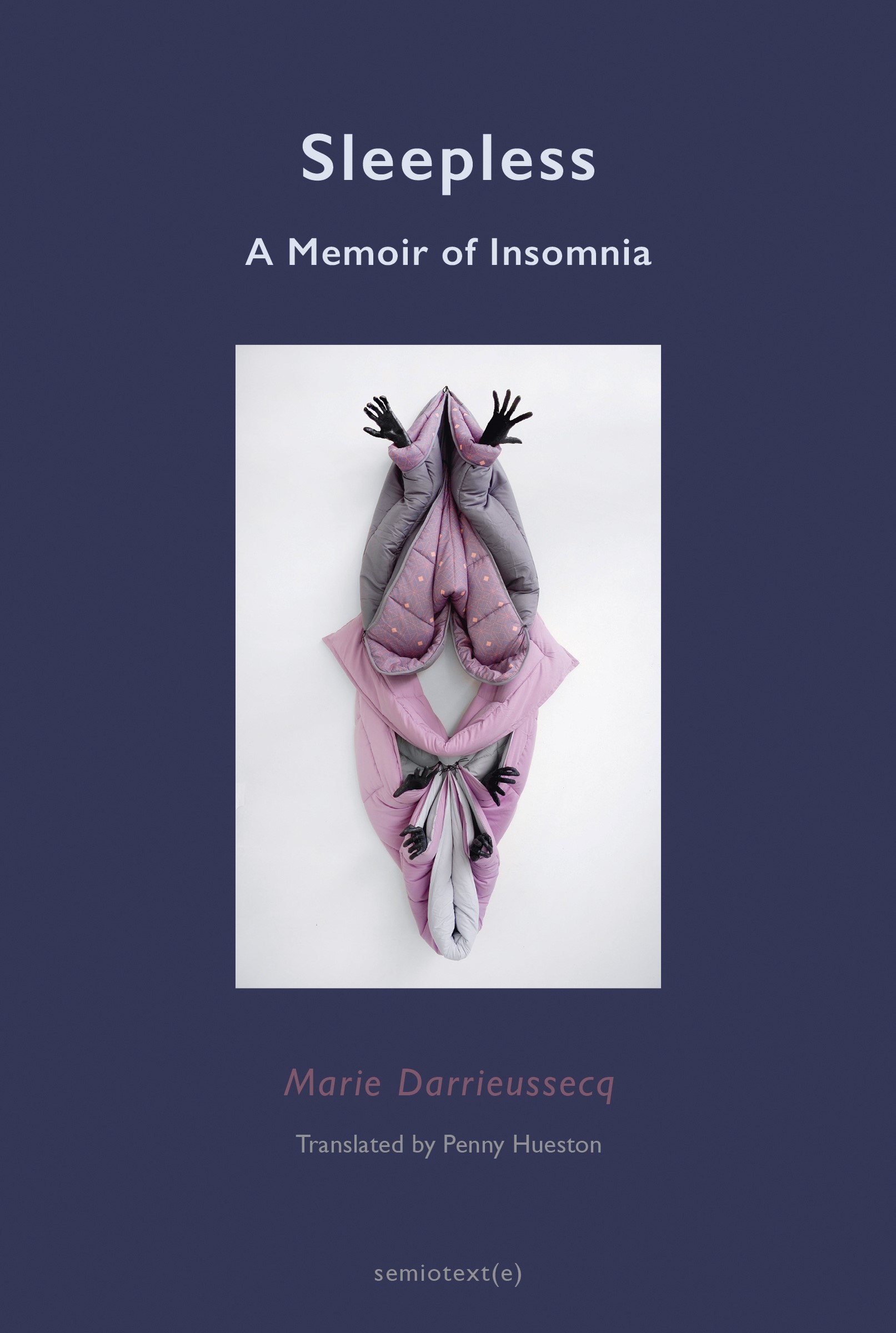Author on Tour: Marie Darrieussecq

Marie Darrieussecq
About Marie Darrieussecq
Marie Darrieussecq is one of the leading voices in contemporary French literature. Her first novel, Pig Tales (Truismes, P.O.L.; trans. by Linda Coverdale, The New Press, 1998), was a finalist for France’s prestigious Prix Goncourt in 1996 and became an international bestseller. In 2013, she received the Prix Medicis for her novel Men: A Novel of Cinema and Desire (Il faut beaucoup aimer les hommes, P.O.L.; trans. by Penny Hueston, Semiotext(e), 2016). Marie Darrieussecq has also worked as a translator and psychoanalyst. In 2022, she was a resident at Villa Albertine.
About Sleeplees: A Memoir of Insomnia
(trans. by Penny Hueston, Semiotext(e), 2023)
Plagued by insomnia for twenty years, Marie Darrieussecq studies, in her book Sleepless, the causes, implications and consequences of sleeplessness. Inspired by her personal experience, Darrieussecq also turns to literature, geopolitical history, and psychoanalysis to better understand where insomnia comes from and what it might mean. Raging between autobiography, clinical observation, and criticism, Sleepless is a graceful, inventive meditation by one of the most daring, inventive novelists writing today.
Sleepless was released in the United States in September 2023.
Program
Marie Darrieussecq will be on tour in the US in April 2024.
Her public program will include:
- Saturday, Apr 6: conversation with Violaine Huisman @ FIAF Montclair (Montclair, NJ) – event in English;
- Sunday, Apr 7: storytime @ FIAF Montclair (Montclair, NJ) – event in French & English;
- Wednesday, Apr 10: conversation with Colm Tóibín @ Albertine (New York, NY) – event in English;
- Thursday, Apr 11: conversation @ French Library – Alliance Française Boston & Cambridge (Boston, MA) – event in English.
For more information, please email Valentine Richet at valentine.richet@villa-albertine.org.

